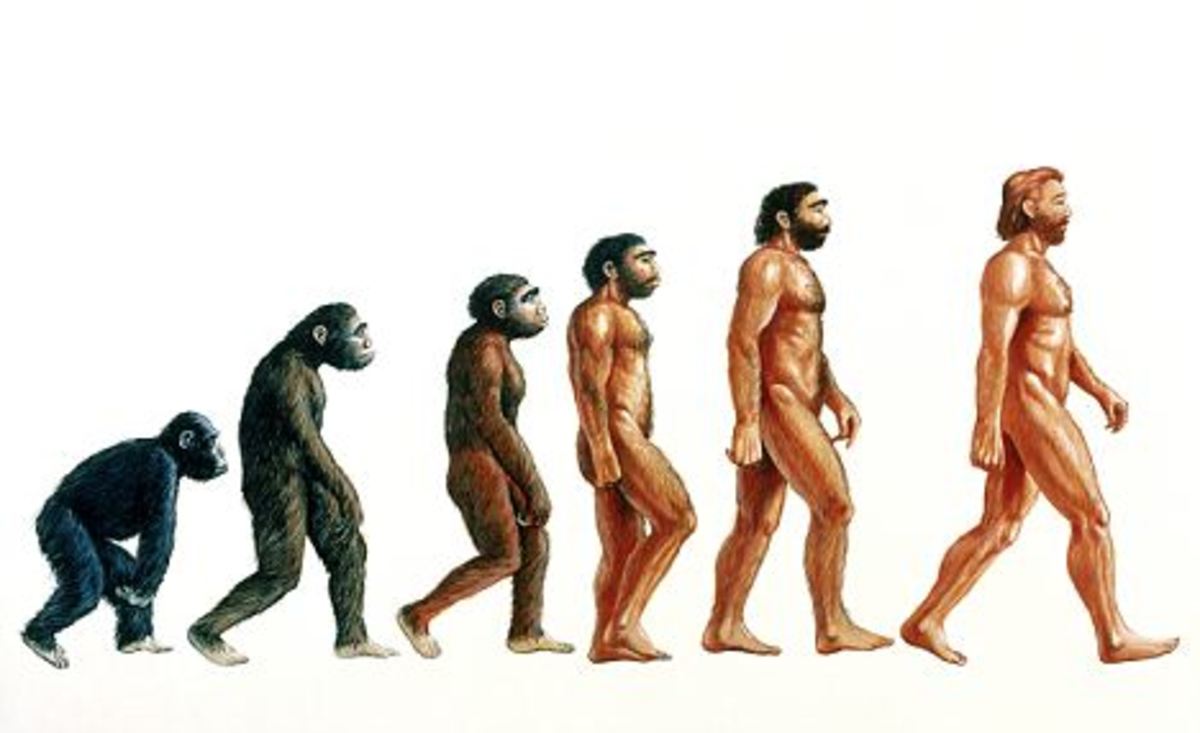You Broke the Rules!!
Psychology 101
Anyone who has taken Psych 101 knows that everything is a 'trick' and that the difference between being a student and a test subject is blurred.
Putting the Undergrad through a rat's maze; (of one kind or another) is common.
One of the easiest is called by different names and often associated with an Obedience Experiment.
For the purposes of this article I call it "The Rules."
The Game
Each Student is a participant. They are told something like;
"We are going to play a Game and your job is to discern what the rules are."
Sounds simple?
The Game does not have playing pieces. It is usually verbal. There are no 'give aways' Figuring out the rules is quite challenging.
The game begins and the players listen very hard, trying to figure out why one of them was disqualified.
What did she do, say...was it how she sat, was it a gesture?
HMMMMM?
What Is Really Going On
There are no rules.
All disqualifications are random.
It could be a flip of the coin, spin of a wheel; in short being disqualified has no bearing whatsoever on what you do/don't do, say/don't say in the Game.
(Sounds like your Psych class, huh?)
The Purpose is to see the Student Guinea Pigs squirm....?
No. Not precisely.
The purpose is to see how human beings concoct reasons to explain the unexplainable.
Apparently humans believe in logic.
Everything has to make Sense.
The reason why Diane was eliminated and Linda was not has to be attributed to the Rules. Diane had to 'break the rules' and Linda didn't.
As time goes on and more players are eliminated the remainder become more and more stressed out. They grasp to some plateau of safety...they grip the 'Rules' they have imagined as if this will protect them.
At some point the Psych Prof will question them as to what they think the Rules are and how they feel, and the usual stuff you can expect from a psychologist.
The big deal is at the End.
This is when the fact that there are no Rules is admitted and that this student was eliminated and that one was not, was based on a coin toss.
{Watch the Faces, now}
What's the Point?
The purpose of the Test, (besides giving the Professor a Jolly time) is to expose students to the fact that when there is no immediate logic, the brain creates one.
This need to find logic is why Scams and Ponzis work.
HUH?
Follow the bread crumbs.
For the ease of Explanation I'll use an online Publishing Site I'll call "Bubbled".
Bubbled is a Ponzi. It was created as a Ponzi. The point is to get as many people contributing to the site as possible by promising to pay them higher than any other site.
By getting so many users Advertisers pay more. This is the point. To get trailer loads of users who log on every day so as to push the Adsense revenue as high as possible and fill the Site Owner's pocket.
As a Ponzi, it pays everyone that first time. Then, it's a coin toss who will be paid the next time. Who gets that second pay out and who doesn't.
At the end of a month (after the Owner takes his cut) there is X dollars to divide.
All first time users have to be paid, even if that money comes from the Owner's cut, every first time user will be paid. What is left over is used to pay the others.
In some cases, those from 1st World countries will be paid based on geography. In some cases those who brought in other users will be paid.
Those who are not paid will eventually complain.
Those who have not yet been ripped off will remain in the game and concoct reasons why those complainers were not paid.
"You Broke The Rules!" they shriek.
Now of course you know that there are no Rules.
It is a matter of a coin toss or some other outside criterion. It has nothing to do with the quality of their submissions.
As time passes and the level of complaints far outnumber the sheep who bleat; You Broke the Rules, the owner stuffs his pockets and shuts the site and moves on.
The Sheep however are certain that there were rules. The Sheep are sure that they were paid because they didn't break the rules.
This psychology experiment is often linked to 'Obedience' and 'Control'.








